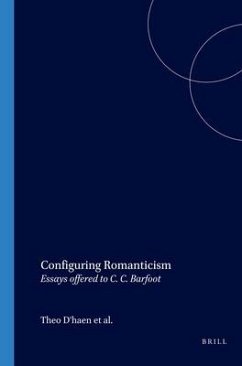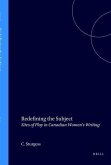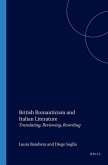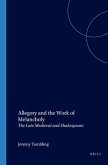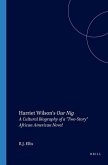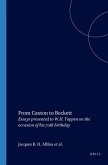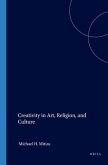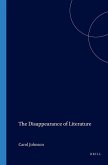Configuring Romanticism focuses on the ways in which "Romanticism" continues to change shape in light of new discoveries, new readings, new approaches. To this end, some essays here gathered offer novel interpretations of Romantic "classics" such as Wordsworth, Blake, and Southey, or discuss the Celtic roots of Romanticism. Others address the relationship of Romantic literature, particularly the work of Scott, Shelley, and De Quincey, to issues of colonialism and imperialism. Yet others trace the "afterlife" of Romanticism and the Romantics, specifically Byron, Shelley, and Keats, in the writings of Leigh Hunt, Elizabeth Gaskell, James Thomson, Algernon Swinburne, William Michael Rosetti, James Clarence Mangan, Francis Parkman, Gilbert and Sullivan, and T.S. Eliot, as well as in Dutch nineteenth-century criticism. The volume closes with discussions of the Romantic aspects of World War II propaganda, twentieth-century translations of the Aeneid in view of Romantic principles, the Romantic face of recent Québecois fiction, and present-day film versions of Jane Austen's Emma.
Hinweis: Dieser Artikel kann nur an eine deutsche Lieferadresse ausgeliefert werden.
Hinweis: Dieser Artikel kann nur an eine deutsche Lieferadresse ausgeliefert werden.
